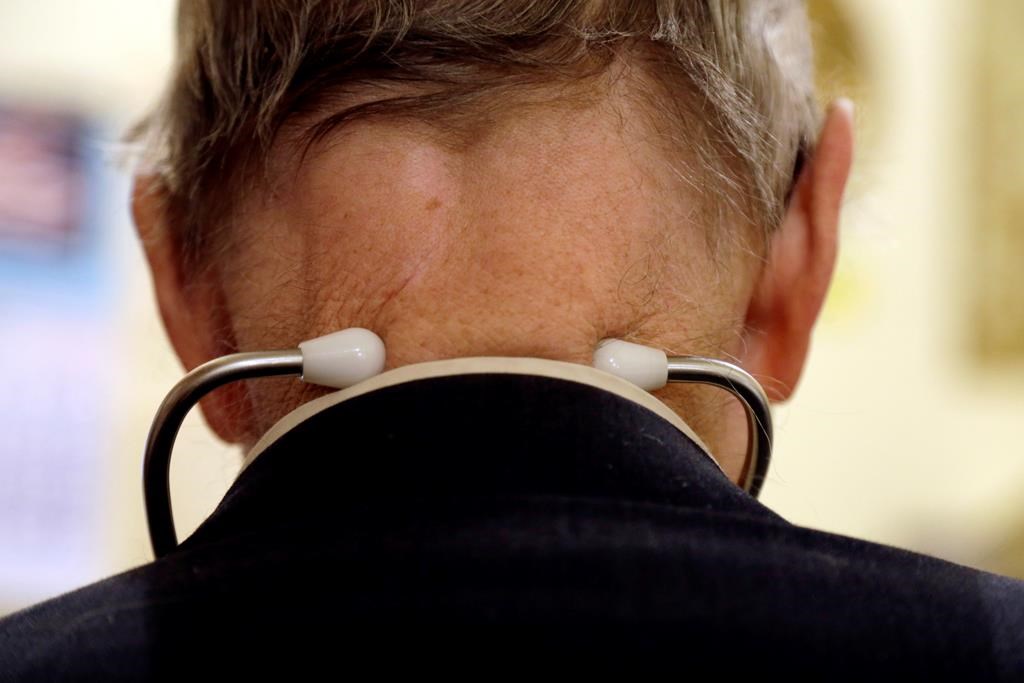How will Bill 15 affect Quebec patients in 2024?

Posted January 1, 2024 10:01 am.
A Montreal nurse is predicting Quebec’s overhaul of the health-care network will diminish access to care.
Naveed Hussain fears the situation in hospitals and clinics will get worse in the new year because of Bill 15.
“An increase in bureaucracy and increase in dividing English- and French-speaking institutions and creating basically ways to diminish access to care,” Hussain told CityNews.
“I see a government pulling away and trying to shift responsibility to this new bureaucracy that doesn’t have any idea what’s really going on in the hospitals.”
Bill 15 creates Santé Québec, which will be responsible for the day-to-day operations of the health network.
Quebec Health Minister Christian Dubé says a more organized structure at the top will lead to reduced wait times in emergency rooms and surgeries and improve the overall patient experience.
Members of the Quebec legislature passed Bill 15 in the early hours of Dec. 9 after the government invoked closure.
The next day, Dubé sent a message to Quebecers in a video posted to social media, saying the province has a new tool to make health and social services more human and efficient.
“The creation of Santé Québec will bring about a lot of changes and the commitment I am making today is to make this transformation gradually and with all the transparency necessary,” Dubé said.
Santé Québec will become the sole health-care employer, with regional health boards the CISSS and CIUSSS integrated into it.
‘Concerned about bilingual institutions’
The bill’s critics say it will jeopardize the status and autonomy of bilingual institutions.
“It’s very top down and creates bureaucracy that controls the health institutions in the whole health-care system, and removes much of the autonomy of the institutions,” said Eva Ludvig, president of the Quebec Community Groups Network (QCGN).
“And so we’re concerned about bilingual institutions that serve the English-speaking community particularly here in Montreal.”
Under a new amendment, Santé Québec can revoke the status of an institution giving the right to offer English services, but now two health advisory committees will have to sign off on it.
“The English institutions right now, like the MUHC, the Jewish General Hospital, these centres provide excellent care,” Hussain said. “There are no issues with regards to mandatory overtime. There are no issues with regards to getting staffing, for finding people to come in. So we don’t have problems with that.
“What the Quebec government is planning to do is to have Sante Québec regulate all that and standardize our centres of care with the other centres of care right now that are in trouble.”
Dubé says his reform would allow Quebecers to seek treatment anywhere, regardless of their postal code. And when wait times are unreasonable, alternative solutions will be offered like care in another region or for free in the private network.
“The centralization and de-centralization seems to come and go in waves,” said Montrealer Grant Currie. “In fact, we’ve seen it all across. I have experience with British Columbia, they’ve done the same thing out there. I don’t know if it’s better or not. The health-care system, generally speaking, needs work.”
Bill 15 has been condemned by Opposition parties, patient rights’ groups, unions and six former Quebec premiers. More than 6,000 people signed a petition brought forth by the QCGN.
“We will really start seeing the impact after and there’s going to be pushback,” said Ludvig.



